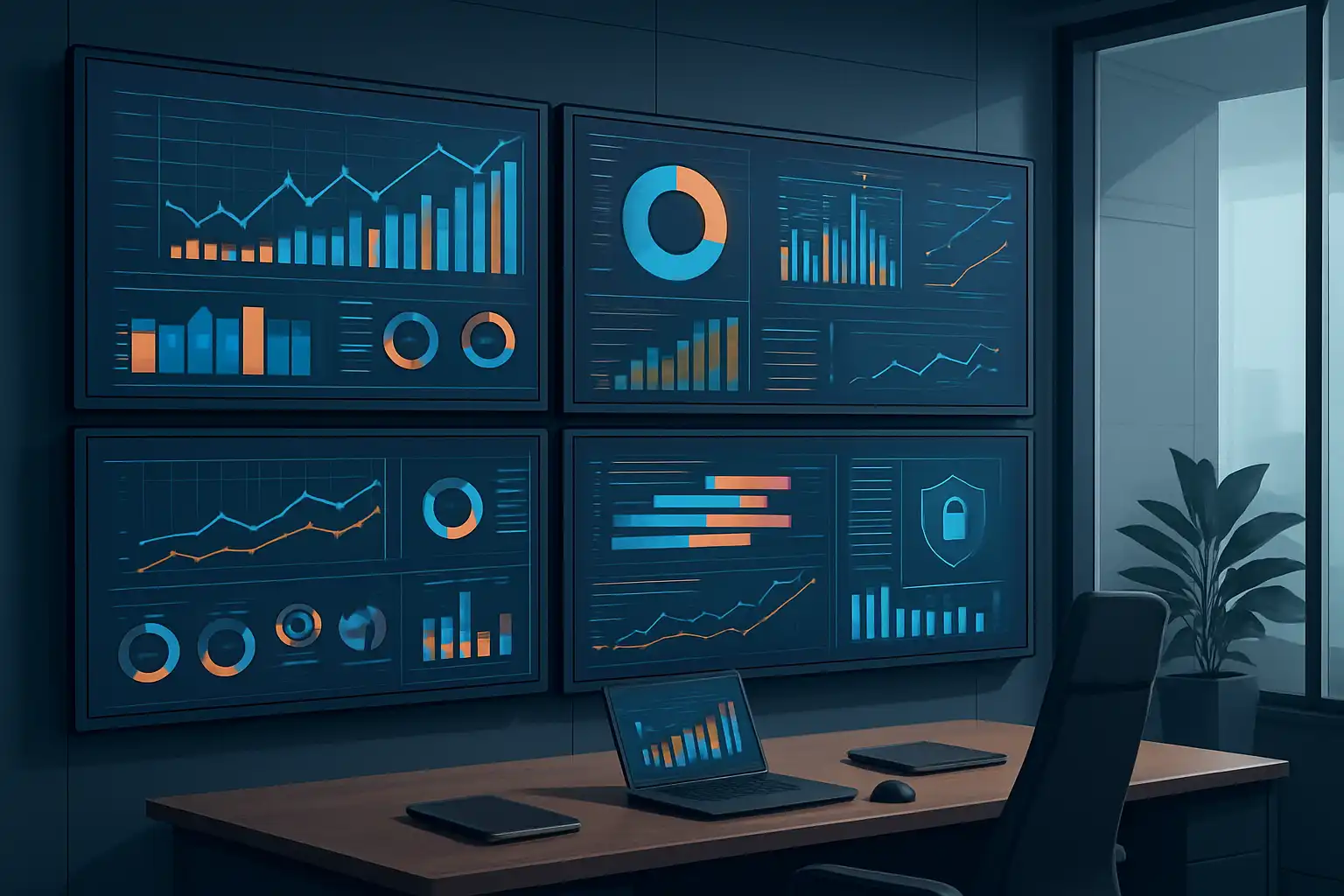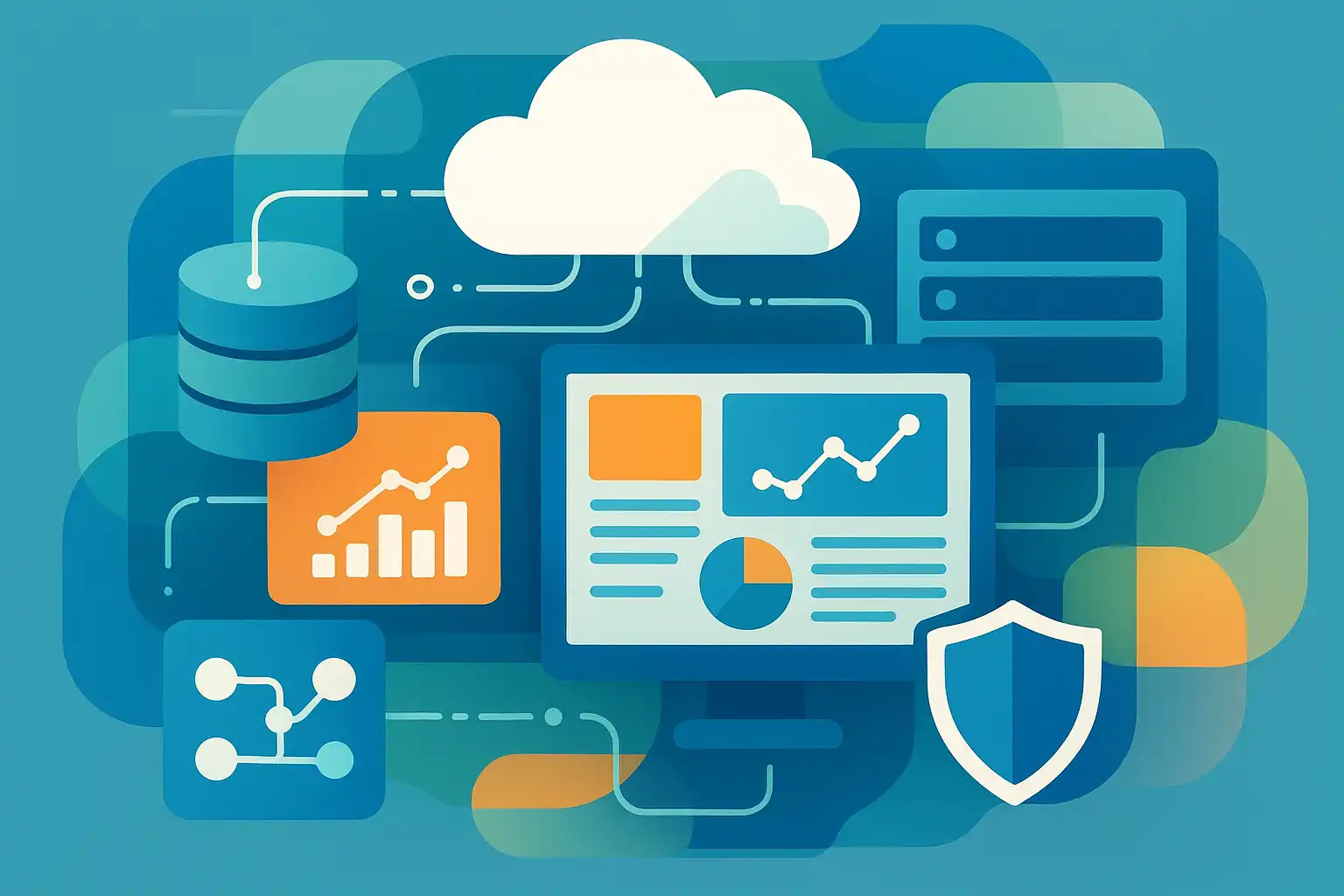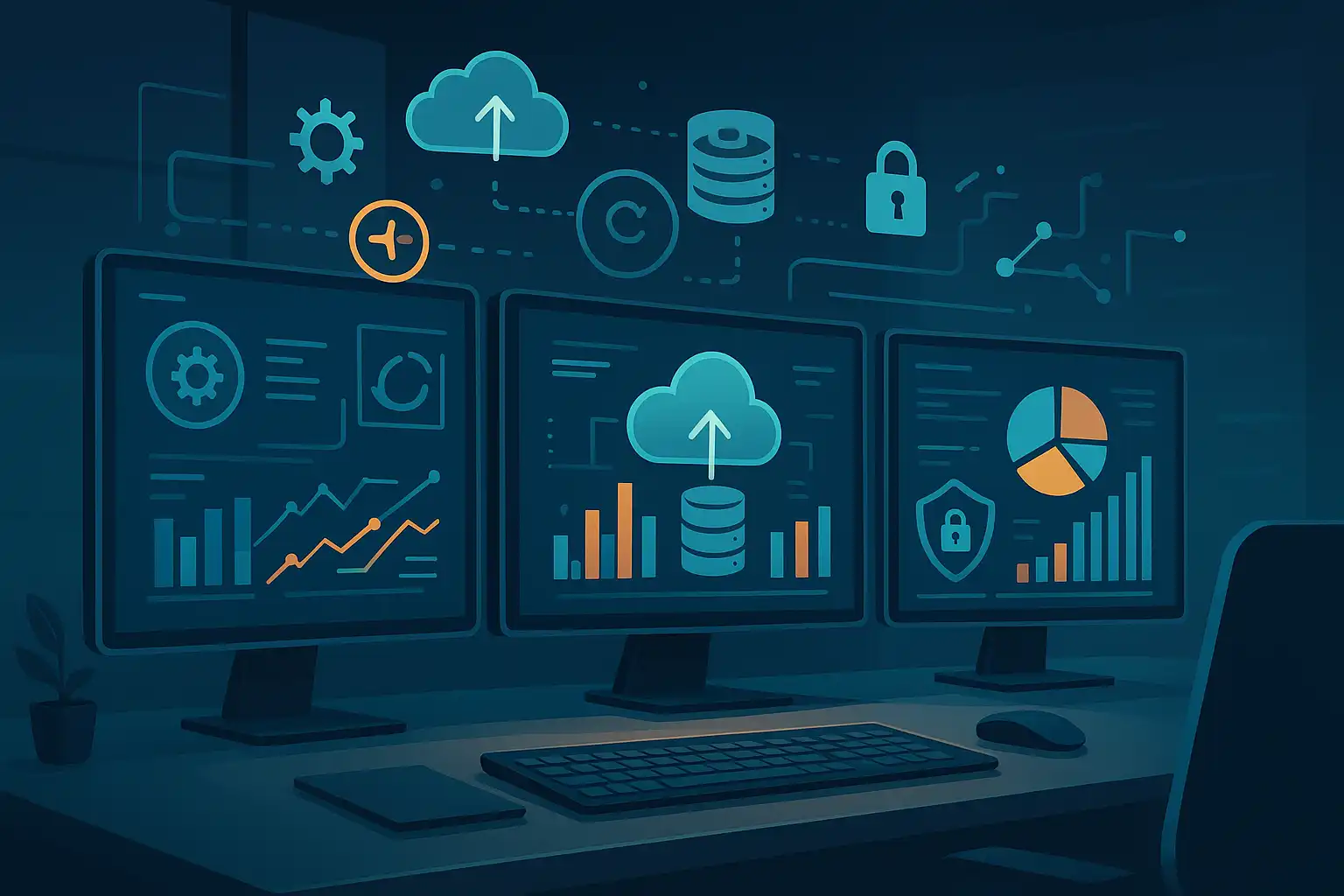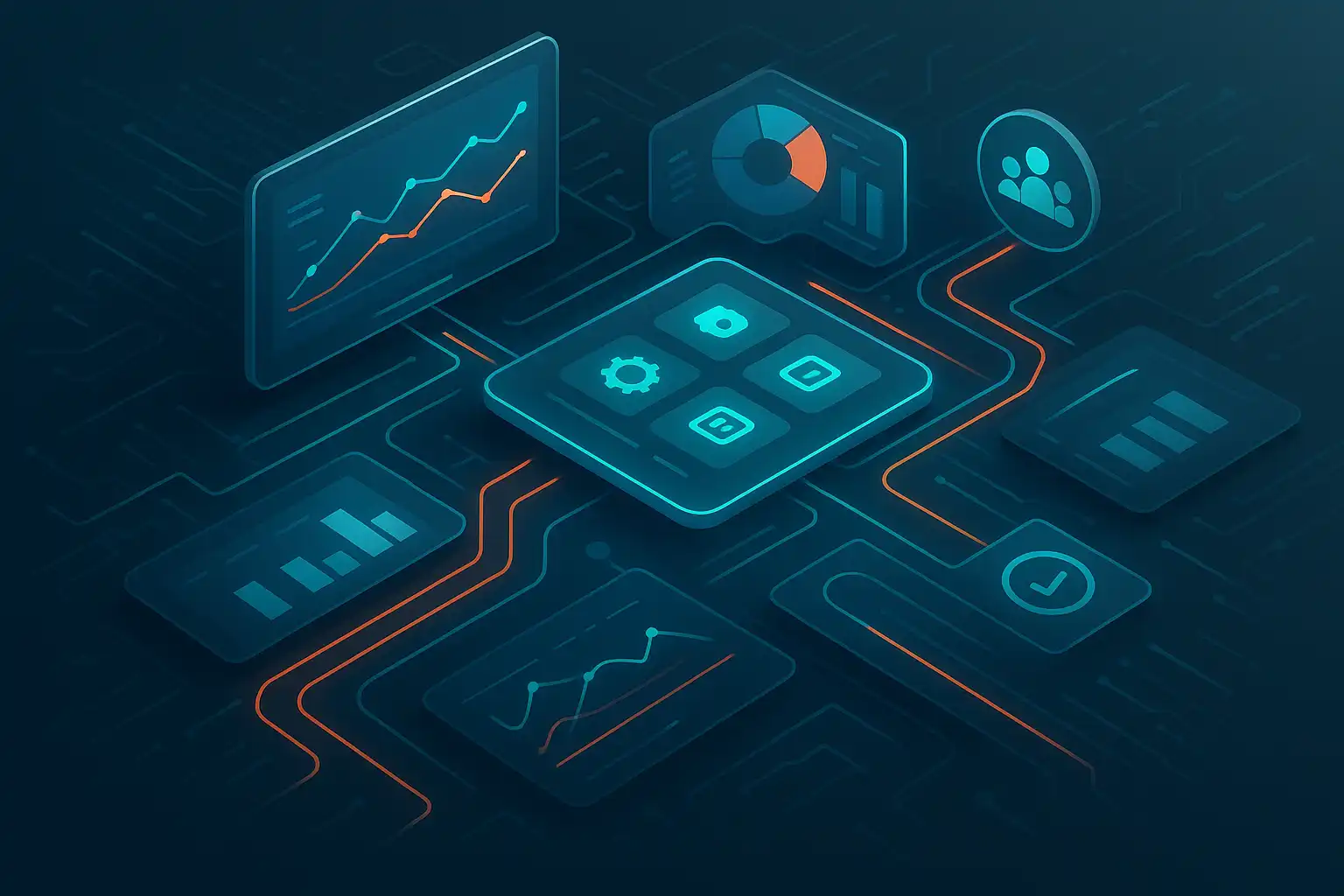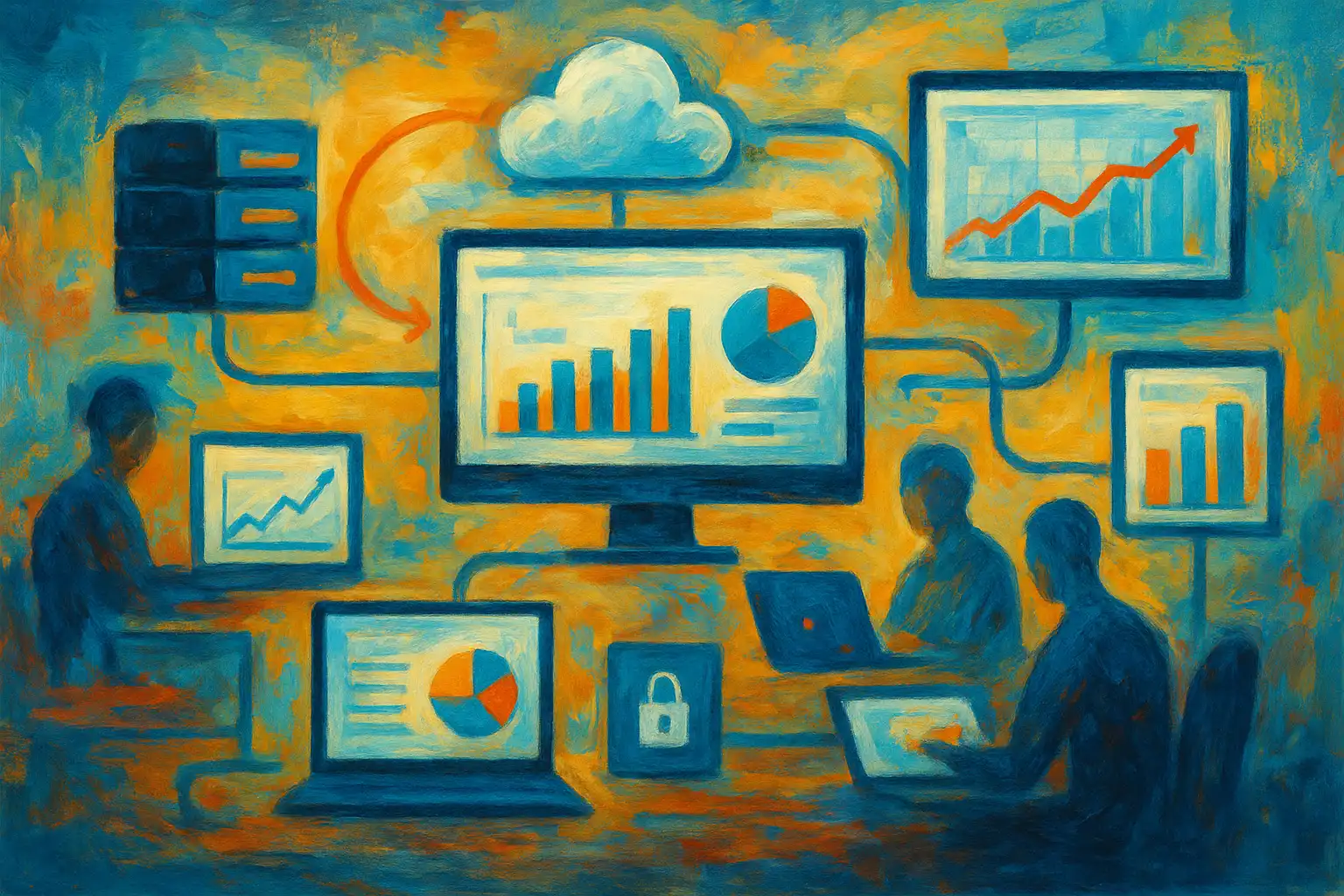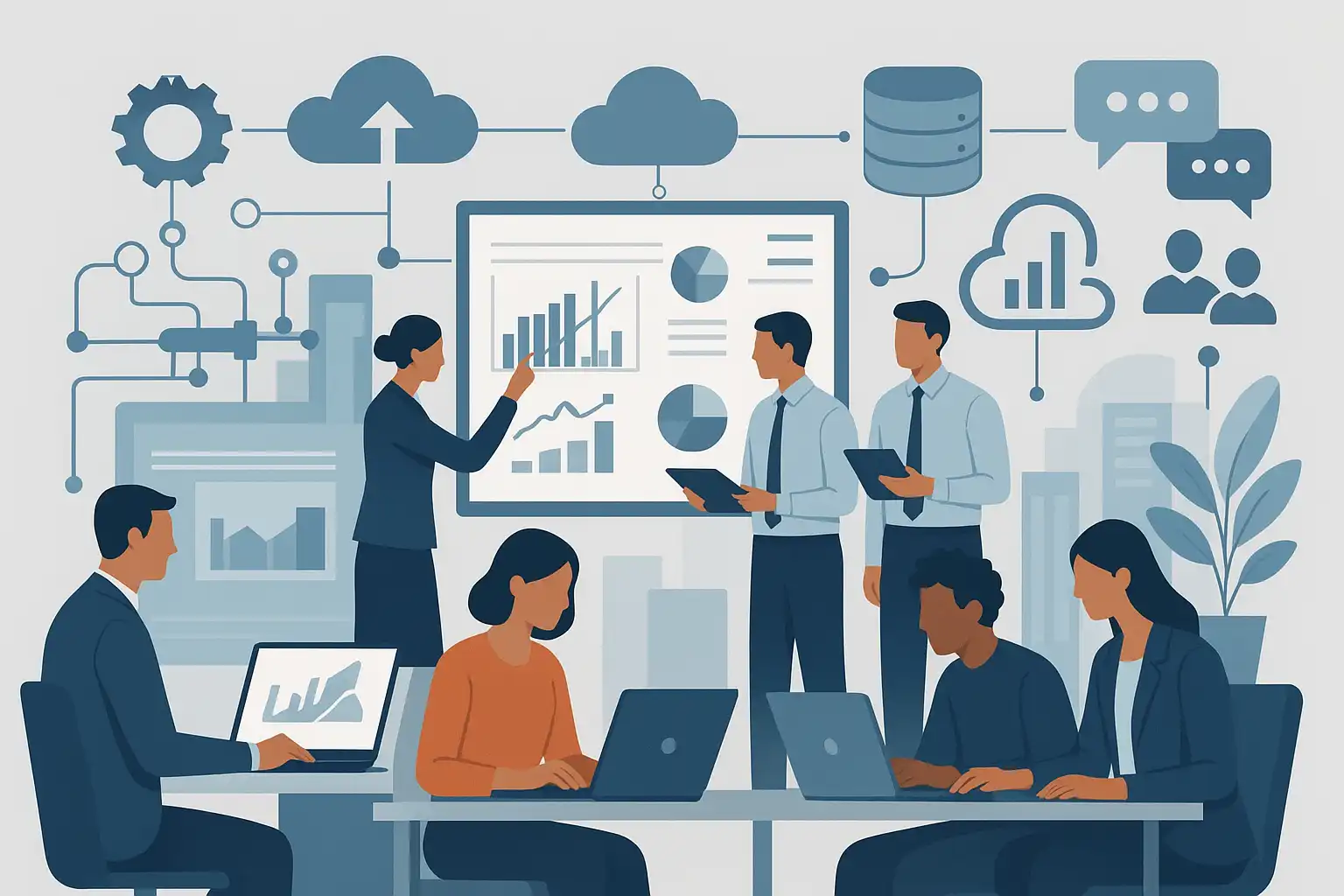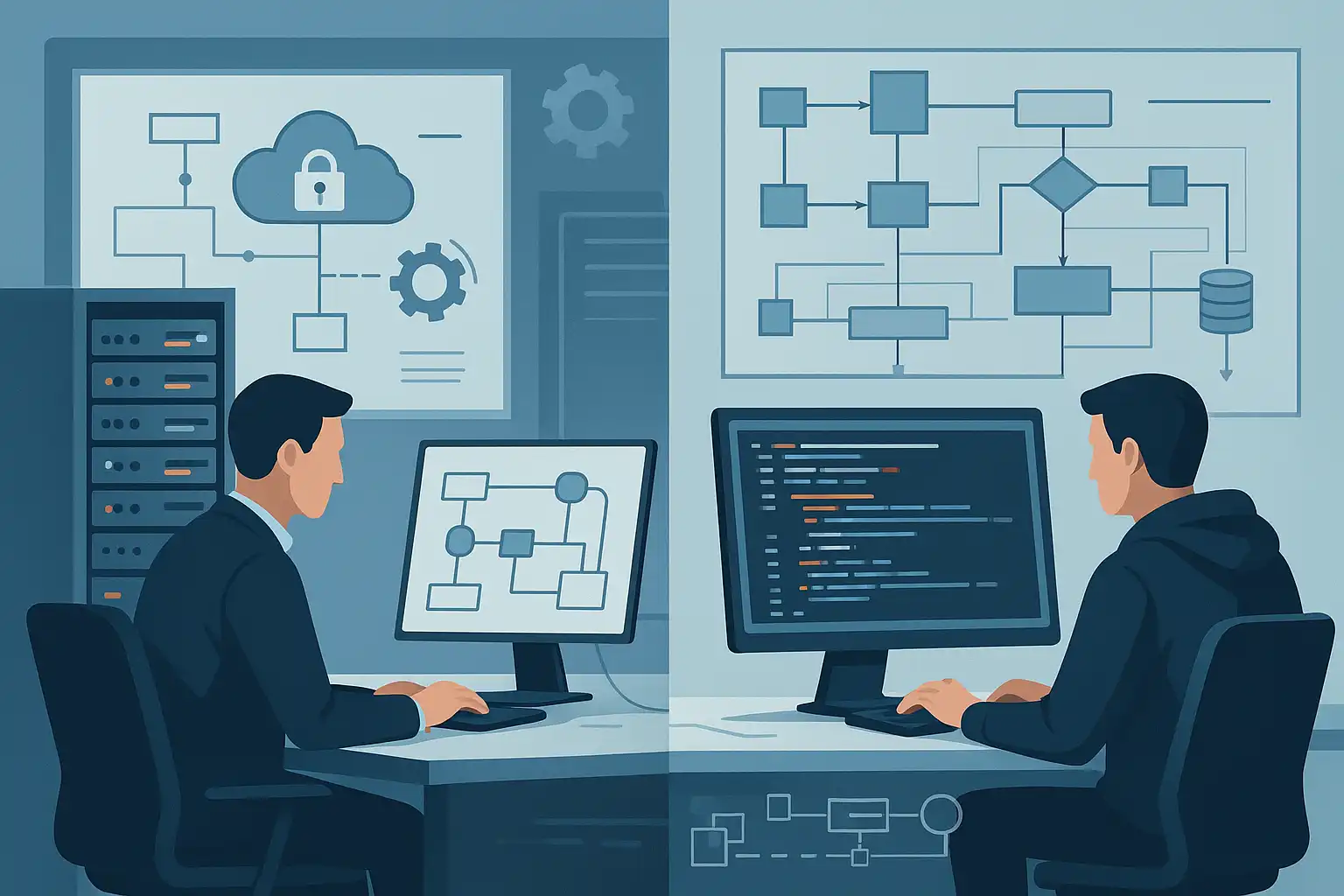BI reporting tools for executive dashboards and board-ready metrics
BI reporting tools for executive dashboards are vital for delivering clear, real-time, and actionable insights that empower leadership teams to make informed decisions. These tools automate data integration from multiple sources, provide customizable visualizations, and ensure accurate, board-ready metrics by minimizing manual errors through validation and governance. Key features include interactive data visualization, real-time updates, predictive analytics, security controls, and flexibility tailored to various industries and leadership needs. While initial setup and integration may pose challenges, partnering with trusted BI providers can ease adoption and maximize benefits. BI dashboards transform decision-making by offering instant access to critical KPIs, enabling executives to quickly identify trends, risks, and opportunities, and pivot strategies efficiently. Popular BI solutions include self-service platforms like Tableau and Power BI, cloud-based tools, industry-specific options, and comprehensive enterprise suites. When selecting a BI tool, organizations should consider ease of use, compatibility, security, scalability, and vendor support. Ultimately, BI reporting tools enhance transparency, accelerate decision-making, and provide strategic oversight, making them indispensable for modern executive leadership.

